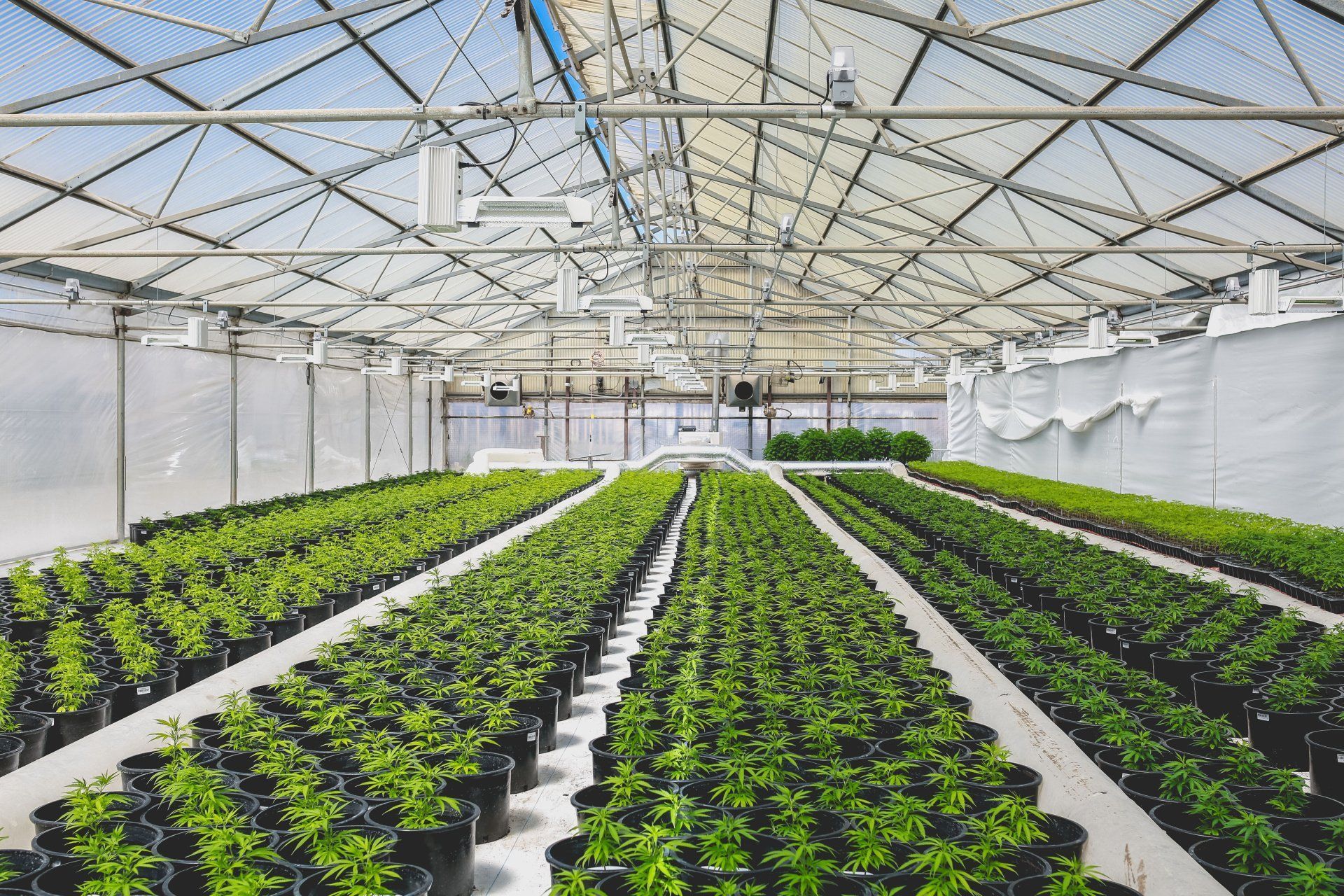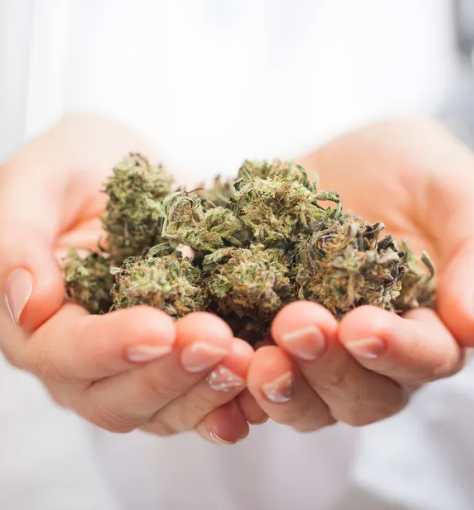A Cannabis Lifestyle For Higher Happiness Scores
July 12, 2022
The post A Cannabis Lifestyle For Higher Happiness Scores appeared first on Kush Cart.
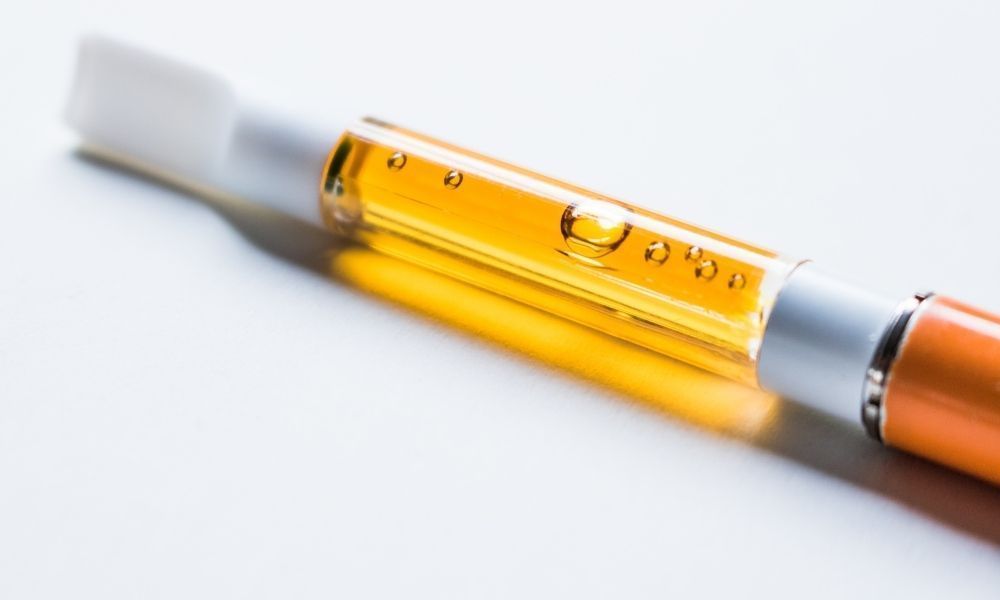
May 25, 2023
If you’re new to cannabis, you might be wondering about the difference between vaping cannabis flower and concentrates. In this blog post, we will explore the pros and cons of vaping cannabis flower vs. concentrates, why vaporizing is so popular, and the benefits of vaporizing each one. We will also provide some good strains of […]
The post The Pros And Cons Of Vaping Cannabis Flower Vs. Concentrates appeared first on Kush Cart.
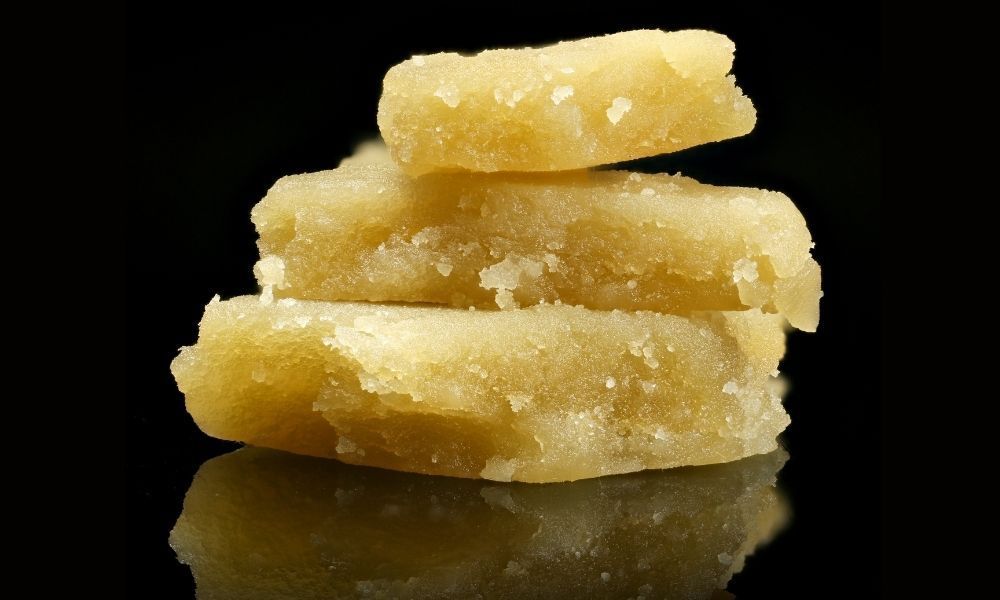
May 14, 2023
Cannabis concentrates are becoming increasingly popular among cannabis enthusiasts. One of the most sought-after concentrates is bubble hash. In this blog post, we will explore what bubble hash is, how it’s made, where it comes from, why it’s desirable, and some popular bubble hash cannabis strains. Our educational blogs take on topics (such as what […]
The post Cannabis Concentrates: What is Bubble Hash? appeared first on Kush Cart.
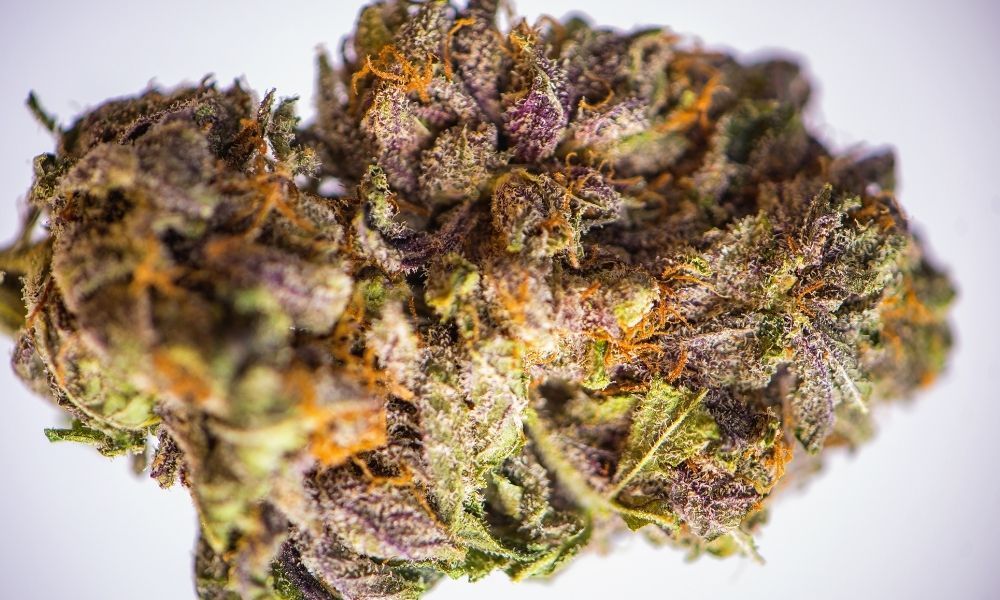
April 24, 2023
In the US, marijuana use has been a heated topic for many years; many states have already legalized marijuana for medical and/or recreational purposes. Currently, additional states are attempting to do the same. Growing cannabis indoors has become a popular option for many people. Indoor growing offers many benefits. These include: greater control over the […]
The post The Most Popular Cannabis Strains to Grow Indoors appeared first on Kush Cart.
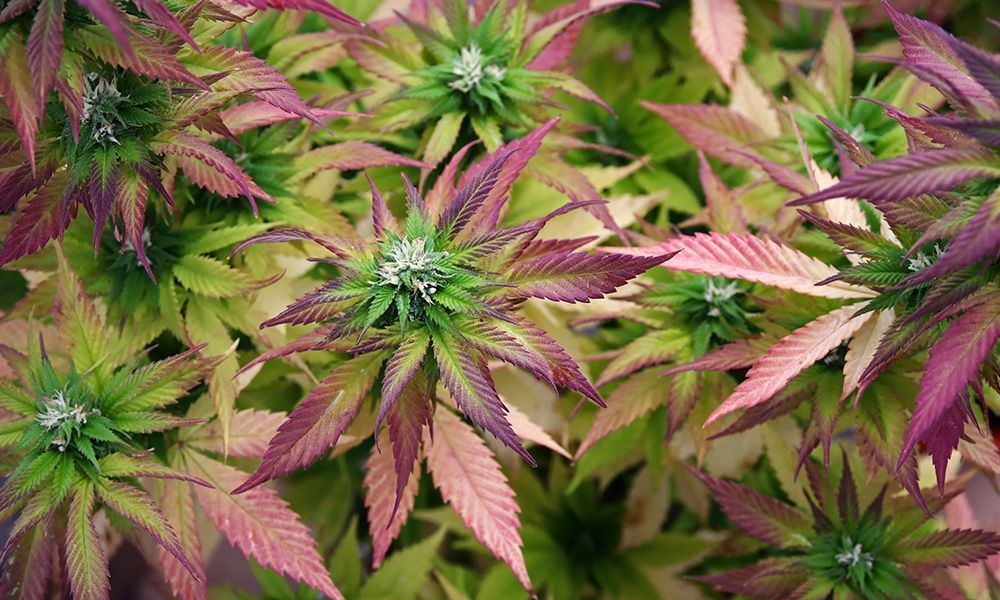
April 14, 2023
Growing cannabis outdoors has been a popular practice for decades and since then has been used for therapeutic, spiritual, and recreational purposes for at least 10,000 years. Growing outdoors is a great way to produce high-quality buds for personal consumption. With the right knowledge, it’s relatively easy to grow cannabis plants outside. With outside grows, […]
The post Top 5 Weed Strains To Grow Outdoors appeared first on Kush Cart.
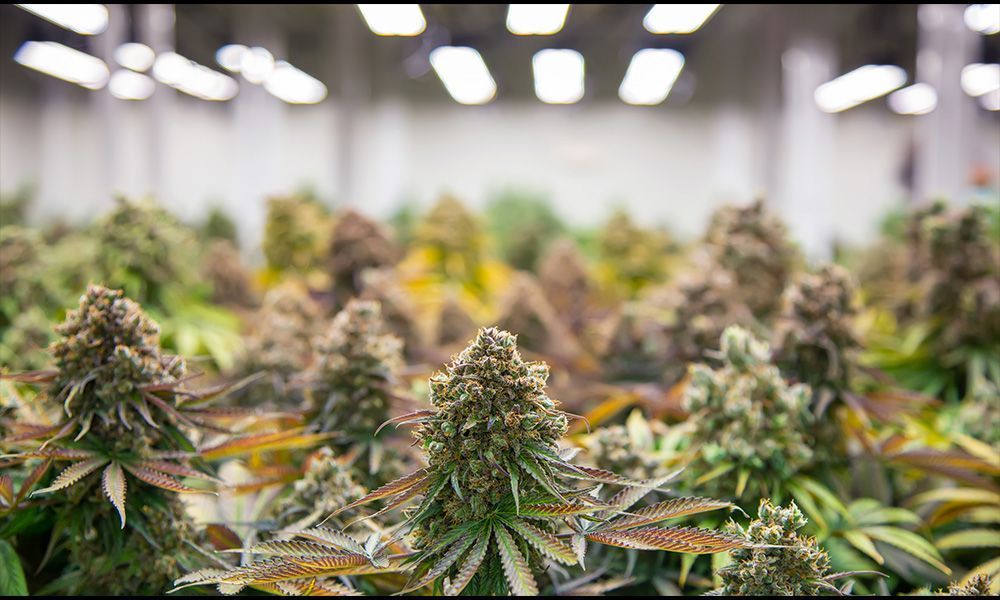
March 23, 2023
MAC #1, A.K.A. Miracle Alien Cookies, has been taking the cannabis community by storm for the last couple of years, and is now firmly cemented in the genome! The aroma is outstanding, with a flavor closely matching it, and tokers can look forward to creamy tropical melon, diesel flavors enhanced by a big sprinkle of […]
The post The Origins of Miracle Alien Cookies “MAC #1” appeared first on Kush Cart.
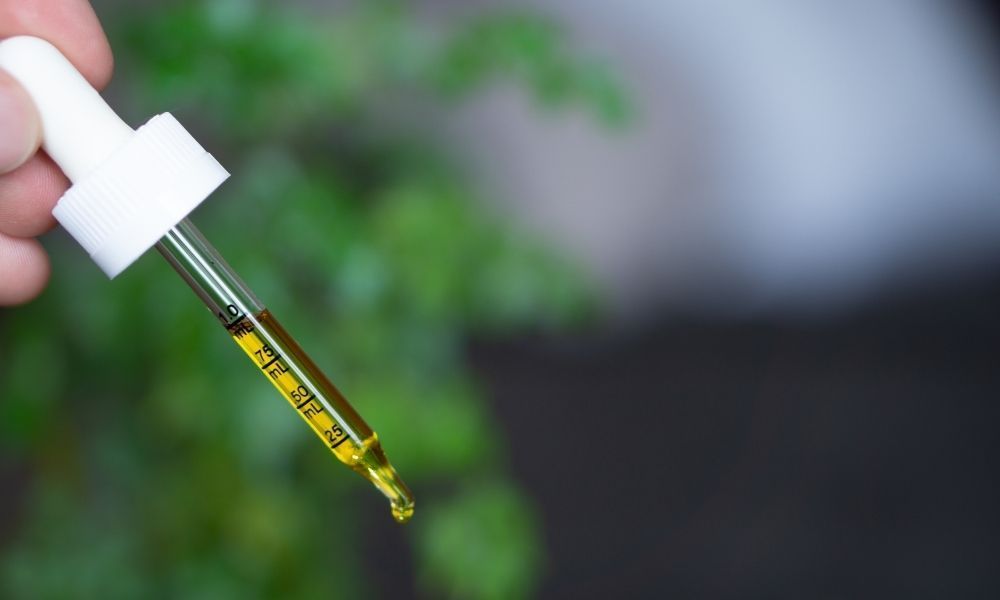
March 12, 2023
Updated and legitimate cannabis and marijuana education is becoming more important every day. It seems that the more we’re exposed to new cannabis studies, the less we know. Here at Kush Cart, we want to give out readers the most current and updated information we can. Before we get started with this week’s topic—cannabinoid receptors—we […]
The post Marijuana Education: What are Cannabinoid Receptors? appeared first on Kush Cart.
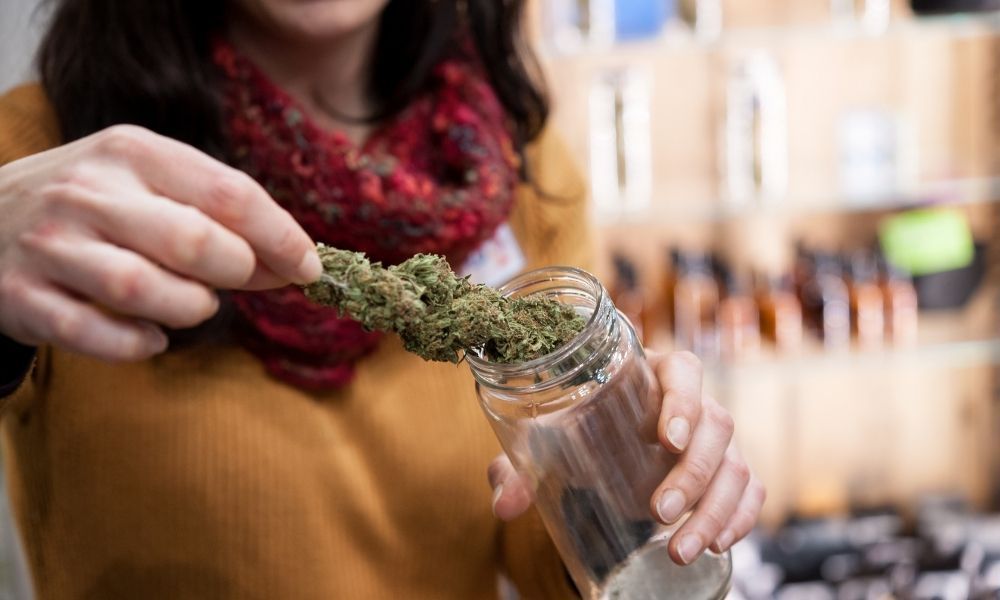
February 26, 2023
The marijuana industry has experienced a significant shift over the last two decades. Cannabis is no longer considered a harmful substance and is currently recognized as legal in some US states. Like other plants, cannabis is either a pure breed or a hybrid of different strains. Pure strains and current hybrids are continuously combined and […]
The post Fact vs. Fiction Marijuana Hybrids appeared first on Kush Cart.
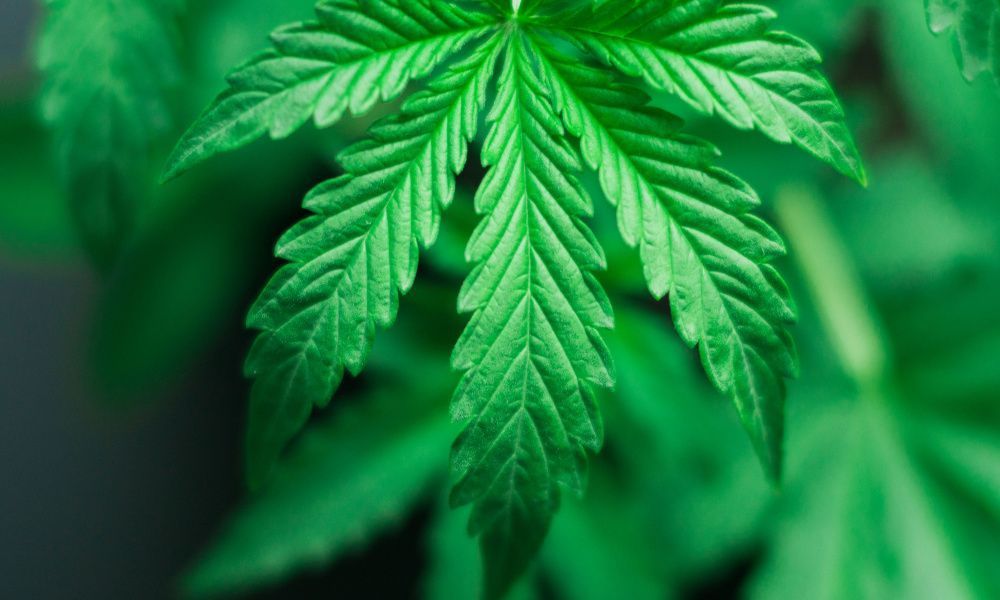
February 9, 2023
Although the specific connection between cannabis and sex is still being studied, a rising body of evidence suggests that the relationship is in fact very substantial. However, there is relatively little study on cannabis and libido, in part because cannabis research has been challenging to fund and because it is still illegal under federal law […]
The post Cannabis And The Positive Effects It Has On Libido For Men And Women appeared first on Kush Cart.

January 27, 2023
Although humans are supposed to be a “social species,” many people dread going to public places. In fact, recent data suggests at least 12% of Americans have a social anxiety disorder (SAD). Even people who aren’t diagnosed with SAD may feel a bit “on edge” in social settings. Thankfully, a dose of weed may be […]
The post Finding The Most Social Weed Strains appeared first on Kush Cart.

